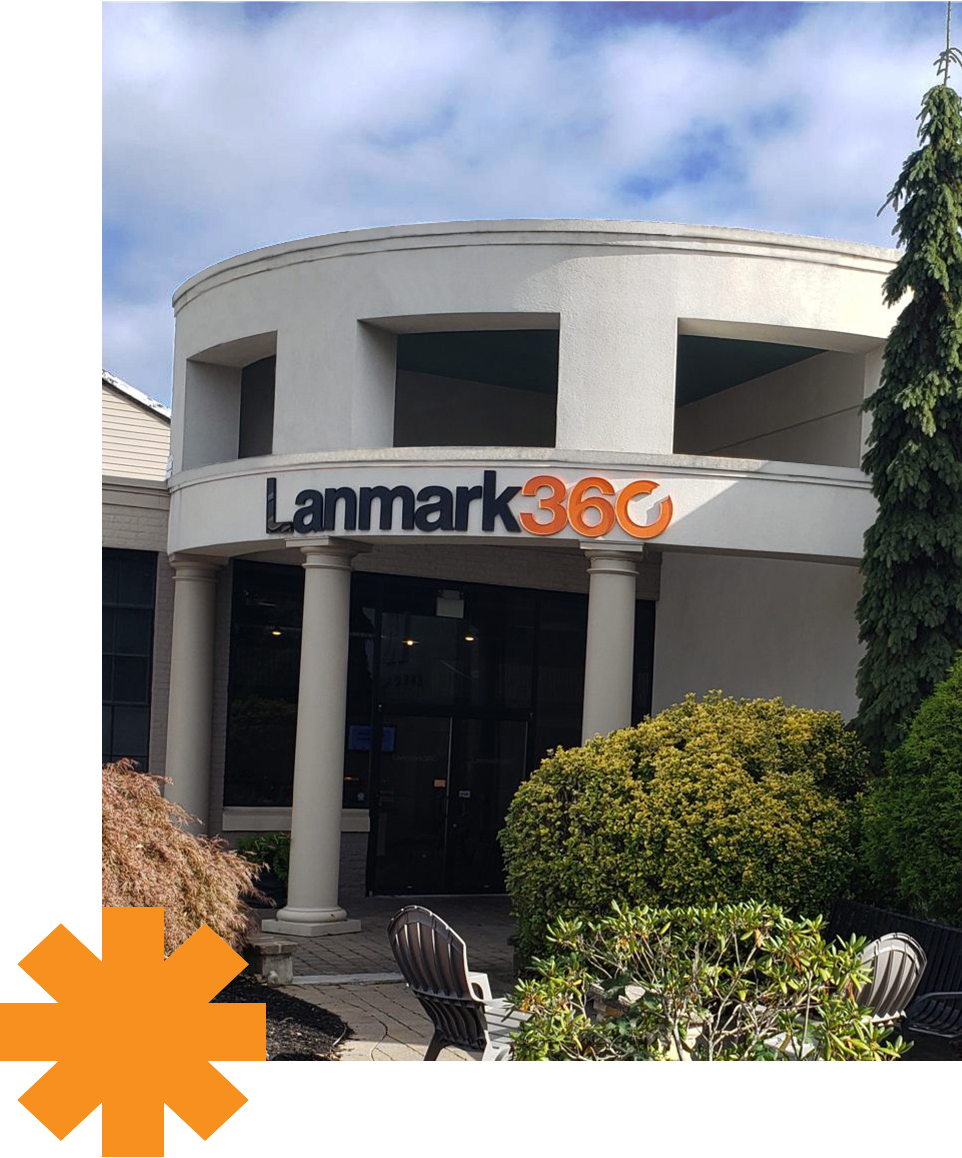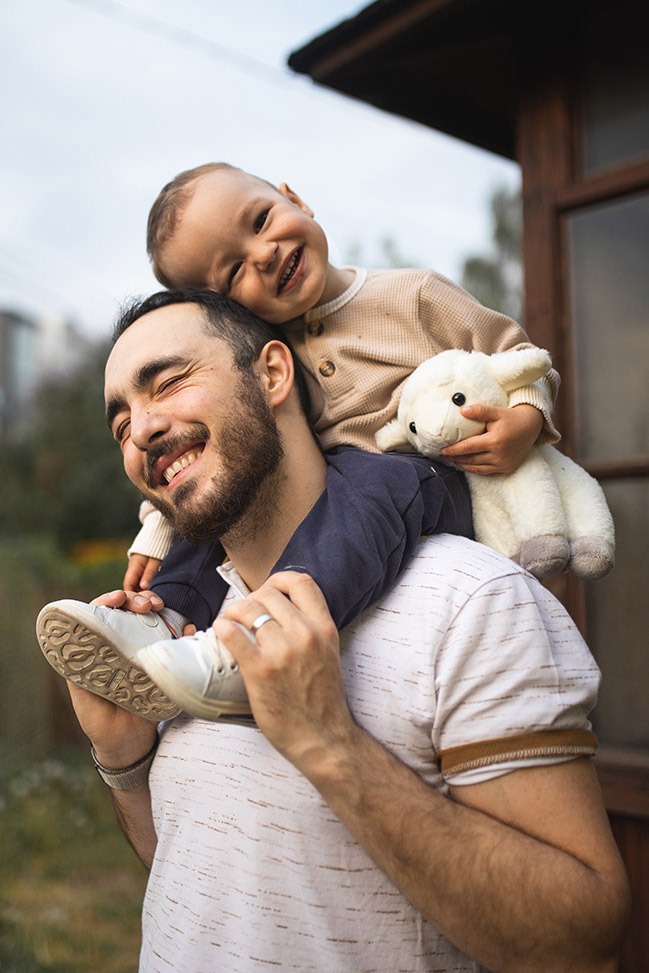At Lanmark360, we believe that every business needs a transformative moment—a pivotal shift that propels them to greatness. We are not just sparks that ignite your future; we are steadfast guides, navigating every step with you.
Your turning point
starts here
In the ever-changing landscape of dental and healthcare marketing, we provide a complete 360-degree view to map out your marketing needs and pivot you in the right direction.
Creative Campaigns
We transform concepts into compelling stories, ensuring your message resonates and captivates.
Social Media
We engage and connect on social platforms, making your brand relatable and memorable.
Digital Marketing
We handle the digital landscape with expertise, creating online experiences that drive engagement.
Public Relations
We shape narratives that influence, building credibility and trust for your brand.
Marketing Strategy
We solve pain points and guide you with our insight-driven approach to drive impactful results.
Video Production
We breathe life into videos inspiring action, capturing hearts with powerful storytelling.
Brand Development
We build brands with depth, ensuring they stand out, resonate, and leave a lasting impression.
Event Experiences
We curate events that leave an indelible mark, ensuring every detail is perfect.
Media Planning & Placement
We strategize ad placements, ensuring maximum visibility, reach, and impact.
Influencer Marketing
We forge authentic connections to communicate brand values while expanding your reach organically.
KOL Advocacy
We secure expert endorsements, leaving a lasting influence and shaping influential narratives.
Marketing Research
We provide informed strategies, gathering data-driven insights to guide impactful decisions.
Where sparks of creativity fly, authentic connections are born, and innovation thrives.
See us in action

